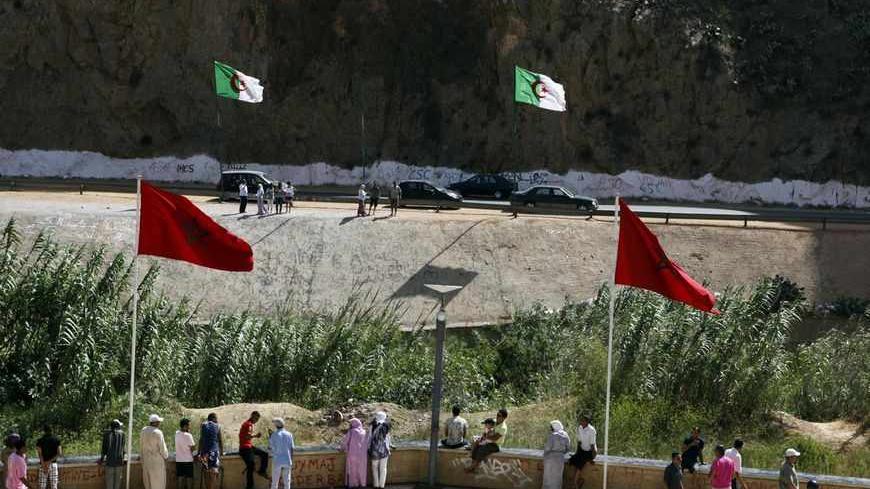Neighboring lands remain of the same nature despite the borders established by humans. However, Algeria’s relationship with its neighbor Morocco is like no other. On each side of the borderline that stretches some 1,559 km [968 miles], there is one question on everyone’s mind. It is about the opening of the land border, which was closed to all traffic in 1994 following a bombing in Marrakesh. The Moroccan government decided to impose visa requirements on Algerian nationals. Algeria, on the other hand, which was accused of being involved in the incident, decided to retaliate by closing the border with its western neighbor.
Following this incident, relations between the two countries remained strained. This lasted until July 31, 2004, when the Kingdom of Morocco decided that Algerians entering Moroccan territories would no longer be subject to visa requirements. A year later, in 2005, Algeria followed suit and took the same decision. Thousands of people, especially traders who wish to expand their business aspirations, have been demanding the reopening of the land border.



